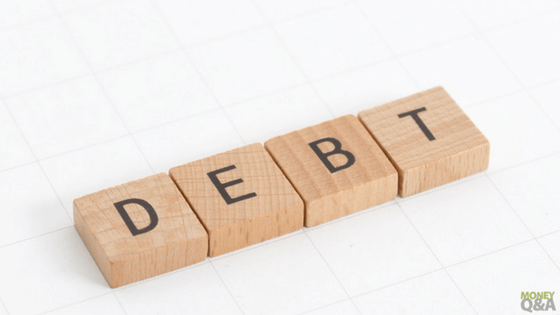
Everyone wants to know is debt good or bad? Well, yes. Both. It depends. There are lots of mixed opinions on debt in the finance world. Some financial pundits take a hardline and argue that being debt-free is the ideal and that there is no good debt. Others, however, take a softer stance and say
that there are, in fact, some good forms of loans.
As a rule, a loan is considered good debt if it helps your financial wealth-building capabilities in the long run and bad debt if it only serves to hurt your ability to build wealth in the future. In this article, we’ll look at what it means for debt to be good or bad, and help you consider whether you should go into debt for the sake of your financial future.
What Is Good Debt?
Generally, financial gurus say that loans can be considered good if it will help you grow your income in the long run. Meanwhile, the bankruptcy attorneys at Scura say that bad debt does the opposite and doesn’t contribute to your overall wealth-building potential and ability, but we’ll get to that in a minute.
Debt that grows wealth is considered good. This means a mortgage or private student loans could be considered good debt because a home is a worthy investment and a student loan may help you obtain a degree that will enable you to make more money in a higher paying job down the road. They can also include certain investments like buying stocks or becoming a business partner.
Small business loans are also good debt because each of these can help you scale, increase profits, and see regular dividends in the future. However, there is no guarantee that making a decision that incurs a financial obligation will automatically result in higher wealth building and earning.
All loans are a risk. There’s no guarantee, either, that a business you invest in or take a loan out for will scale and become more profitable. So perhaps you can also say that good debt can potentially be bad.
What Are the Criteria for It to Be considered good?
You can’t just label any debts “good” debts. Finance professionals have a few criteria that it must meet so it can be considered good debt. In general, a loan must help you build wealth or positively impact your financial situation in order to be considered good debt.
As discussed, student loans and home loans can do both of these things. Also, the interest rate should be low and stable and
payments should be manageable enough so that they can be paid in full and on time each month.
And lastly, loans should be acquired only for a reason that will ultimately benefit your finances and will enable you to pay back the loan in the future.
What Is Bad Debt?
So what is bad debt? It’s precisely the converse. They are loans that won’t help you grow your wealth in the future. It is more related to instant gratification, getting what you want quickly without having to have the money for it. For example, credit cards and all the frivolous things that Americans frequently
charge up onto credit cards come to mind the fastest.
There is nothing redeeming about a credit card, especially because the interest is usually so incredibly high. In addition, you could save and budget for things you typically buy with a credit card. Most people only rack up credit card debt because they want instant gratification.
In addition, car loans are considered bad debt for the principal purpose that cars begin losing value almost immediately. Loans on things that lose value quickly, including cars or other electronics that can be financed, are considered under the blanket term, “bad debt.”
Know the Difference
You may be feeling out of control with your loans, whether it’s good or bad. The main goal is to get your loans prioritized. Figure out which of them are good debts and which are your bad debts.
Remember those good debts have the likelihood of bringing you in more money in the future, whereas bad debts almost always seem to be digging you further into a debt hole. Once you have sorted out and categorized your loans, you can then begin putting together ways to lower your financial requirements in order of importance.
Written by John J Scura III, Esq.
Partner of Scura, Wigfield, Heyer, Stevens & Cammarota, LLP, John has been certified by The Supreme Court of New Jersey as a Civil Trial Attorney. Whether it is a personal injury case, bankruptcy case, litigation case, or other types of matter, John wants his clients to participate in the decision-making process toward solving their problem in the best way possible.
